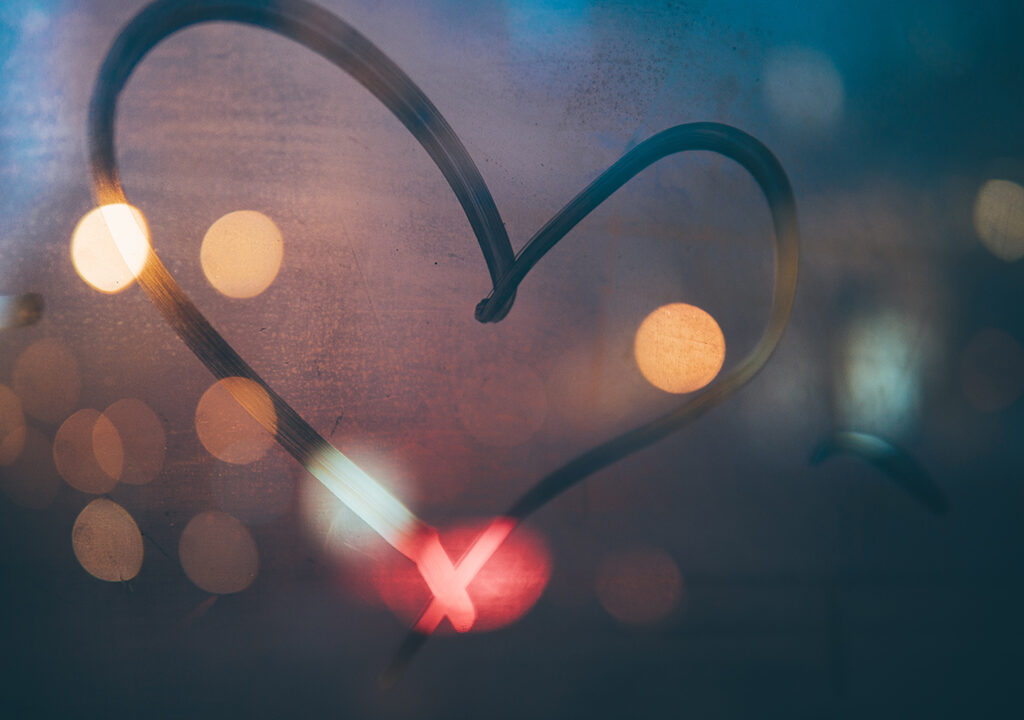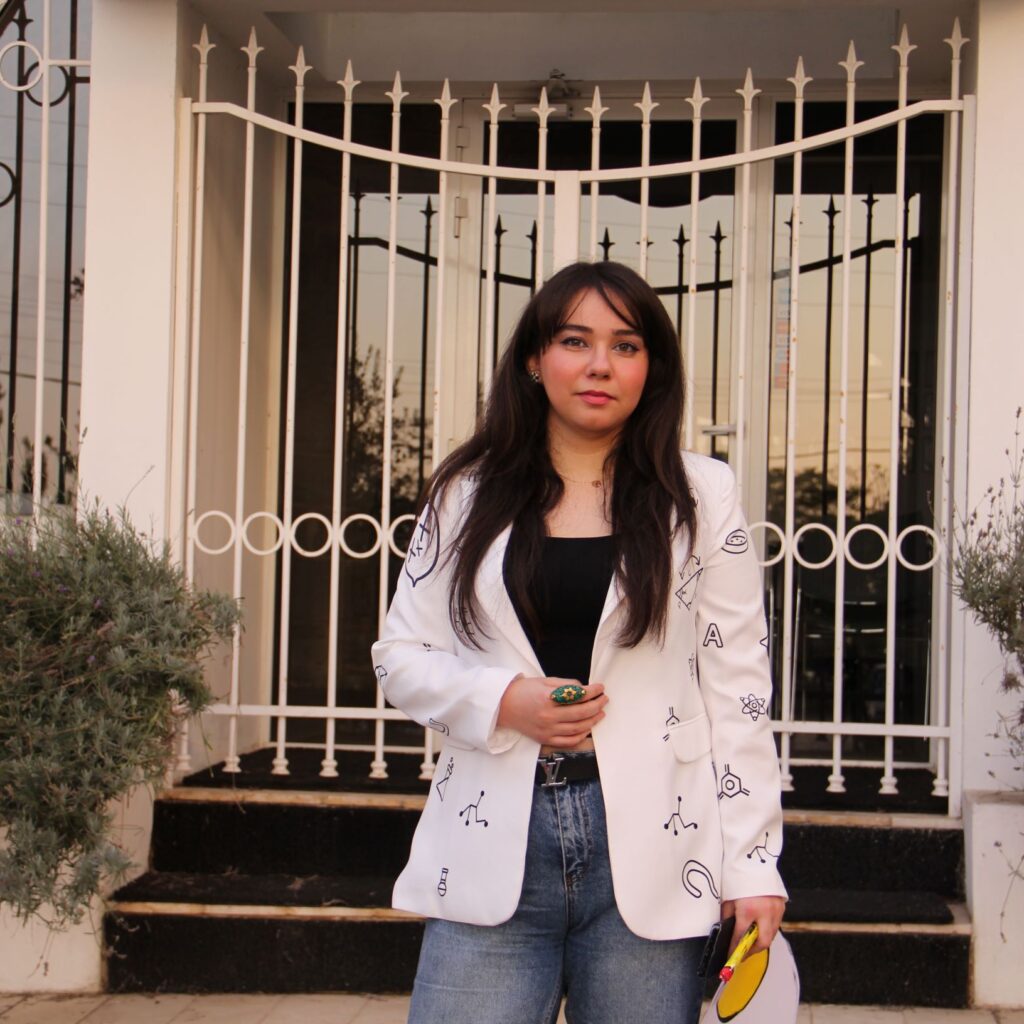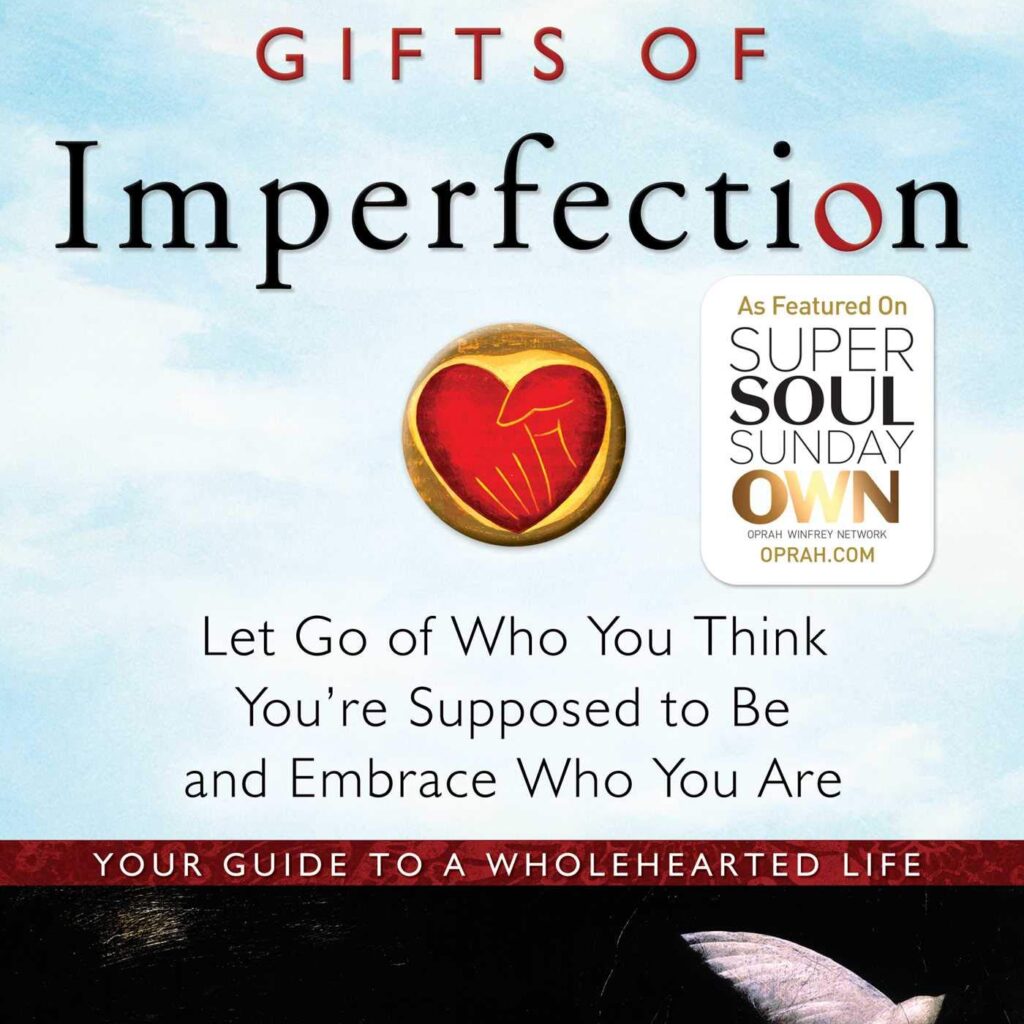A snowstorm started in Lebanon and the nearby regions in the first week of February. It was followed by an earthquake that killed at least 25,401 people in Turkey and Syria. We felt the quake in Lebanon, which reminded us of many past traumas, primarily the 4th of August Beirut Blast.
I had to change what I previously planned to post on social media. Using Instagram stories, I created a poll asking: “What topics interest you?”. The majority chose “love and relationships.”

(Photo by Michael Fenton on Unsplash)
Self-reflection: “Strange!” I thought to myself.
“Strange!” I thought to myself. Shouldn’t the topic of traumas be a priority right now instead?
I stepped back a little and took a second thought. Who do we think of whenever we’re in danger? How do our reflexes work? How did I behave while I experienced risk?
First, I thought of protecting myself, and then my natural urge was to check on the people “I love.” During emergency times, the conflicts we usually have with certain people don’t seem important anymore. All of a sudden, we only care about them being okay.
I asked myself, when do we need love more, when we’re happy and fine, or when we’re going through difficult times? And who do we remember more? The people who checked on us while we were in need or the ones who only showed up while we were glowing?

I cherish more the people who were there when I considered myself a failure, those who visited me and stood beside me when I was sick. The people who saw my worth and potential when I couldn’t see it myself.
“See yourself the way we see you!” a lovely person once said. I could hear it in her voice and see it in her eyes. She truly appreciated me, and that made me understand myself more.
Same situation, yet different reaction.
This week could have been better; each person reacted differently. Some felt angry, irritated, sad, and anxious. Some couldn’t sleep, and some made jokes about the situation, not because they didn’t care but because humor is another defense-mechanism.
To discover the reason for longevity in the Japanese population, Francesc Miralles and Hector Garcia, the writers of “Ikigai: The Japanese Secret to a Long and Happy life,” said that the feeling of belonging and support gives the individual a sense of security and helps increase life expectancy.

Brene Brown also draws on the importance of love in “The Gifts of Imperfection” and associates it with belonging: “Love and belonging are essential to human experience.”
Even in the resilience theory, the ability to process and adapt to complex or challenging life experiences, social support is mentioned as one factor that helps build resilience. Social support can include family, friends, community, and organizations.
Love and relationships are essential to our well-being, especially during difficult times. Don’t be afraid to show your love and care. Express it, and let people know you love them. Certainty doesn’t always exist in life, and some stuff goes beyond our control.
May you be happy, may you be safe, and may you be free of suffering.
Sending my love to every one of you.
Ninette Abi Atallah

Amazing article. Sending you love 💜💜💜💜
<3 <3 <3